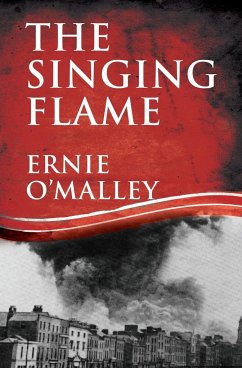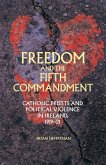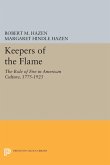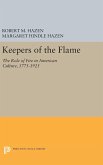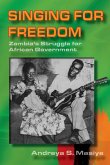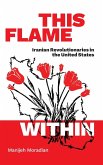The Singing Flame is Ernie O'Malley's gripping firsthand account of his experiences fighting against the Anglo-Irish Treaty and the newly formed Irish Free State during the bitter Irish Civil War. As a diehard Republican who had reported directly to Michael Collins during the War of Independence, O'Malley refused to accept the Treaty's partition of Ireland. He served as a high-ranking IRA commander, leading the Republican forces in the pivotal Four Courts battle and later in Ulster and Leinster. Eventually captured and imprisoned until 1924, O'Malley was one of the last Republican prisoners released after the Free State's victory. Feeling exiled from the new Ireland, he penned these memoirs while living in the USA, providing invaluable insights into the divided Republican movement and the tragic Civil War that followed independence. First published in 1936 as a companion to his acclaimed War of Independence memoir On Another Man's Wound, The Singing Flame stands as a essential historical record from a key protagonists in Ireland's revolutionary period.
Bitte wählen Sie Ihr Anliegen aus.
Rechnungen
Retourenschein anfordern
Bestellstatus
Storno

